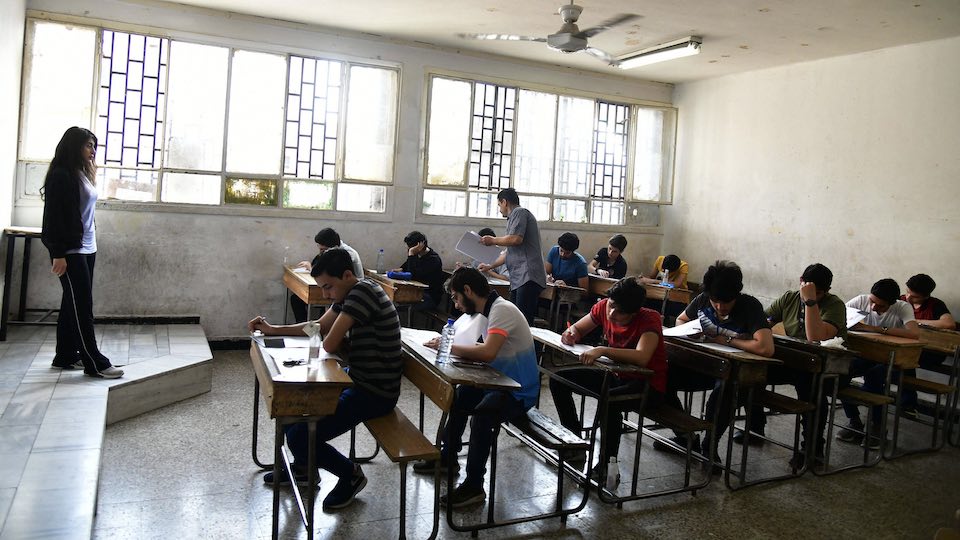Iraq and Syria block the internet during final exams

As reported by NetBlocks on Monday, the internet is currently blocked in Syria and Iraq. The reason for the internet shutdowns is that exams taking place in schools and universities.
According to statements made by NetBlocks, the internet has been blocked nationwide since Sunday in Syria. With the extensive measures, the authorities are attempting to prevent cheating in school exams as well as from having exam questions published.
The Syrian authorities already resorted to these means during exams at the end of May. On two consecutive days, connections were blocked already in the early morning for about four hours. As further exams will take place in summer, NetBlocks expects additional internet shutdowns in the country.
Another internet shutdown was also determined on Monday. Final exams at university already began on 1 June. Since then, the internet has been blocked for about four hours on exam days, according to the organisation. The majority of the country is affected by this, including the capital Baghdad – on the other hand, people remained online in the northern Kurdistan Region.
Additionally, NetBlocks had already reported on 11 June of transfer speeds in Algeria being throttled so much that online services could barely be used or not at all. At that time, final exams were approaching for students in the country.
Far-reaching effects
The organisation criticises that governments across the globe regularly block the internet during school exams under the guise of preventing students from cheating. However, the measures also have an effect on the lives of all people in the affected regions.
For instance, the right to information is restricted as well being able to freely express opinions. NetBlocks also criticises that internet shutdowns undermine democratic principles. Furthermore, they come at an enormous economic cost as many companies are reliant on the internet.
Likewise, the education sector is impaired: For example, students are unable to use online aides for helping them prepare with existing tests during the exam period. The human rights organisation, Access Now, criticises the effectiveness of the measures – the restrictions do not help against cheating.
Even UN human rights activists complain that internet shutdowns have “dramatic effects” on the lives and and human rights of millions of people. Such measures lead to “enormous collateral damage” – therefore, out of principle, countries should not impose internet shutdowns.
Internet shutdowns in previous years
Both Algeria and Algeria, as well as Iraq, have already attempted to prevent cheating on exams with the help of internet shutdowns. According to Access Now, Algeria has fallen back on the measures since 2016. The internet was entirely blocked a few times. In 2022, the authorities blocked individual services, including messenger services and the translation tool, Google Translate.
In 2020, the Algerian president, Abdelmadjid Tebboune, promised to no longer want to “tolerate this practice” and the Ministry of Education also announced to use other means in the future, the NGO criticises. Even the Syrian Minister of Education had held the prospect two years ago of refraining from internet shutdowns if other efforts against cheating on exams had success. However, as students wrote their exams in May, June and August 2022, the internet was blocked again nationwide in Syria.
In total, Access Now has documented 187 internet shutdowns in 35 countries – more than ever before. Many of these were during school and university exams. Other shutdowns were in Jordan and in parts of India. (js)